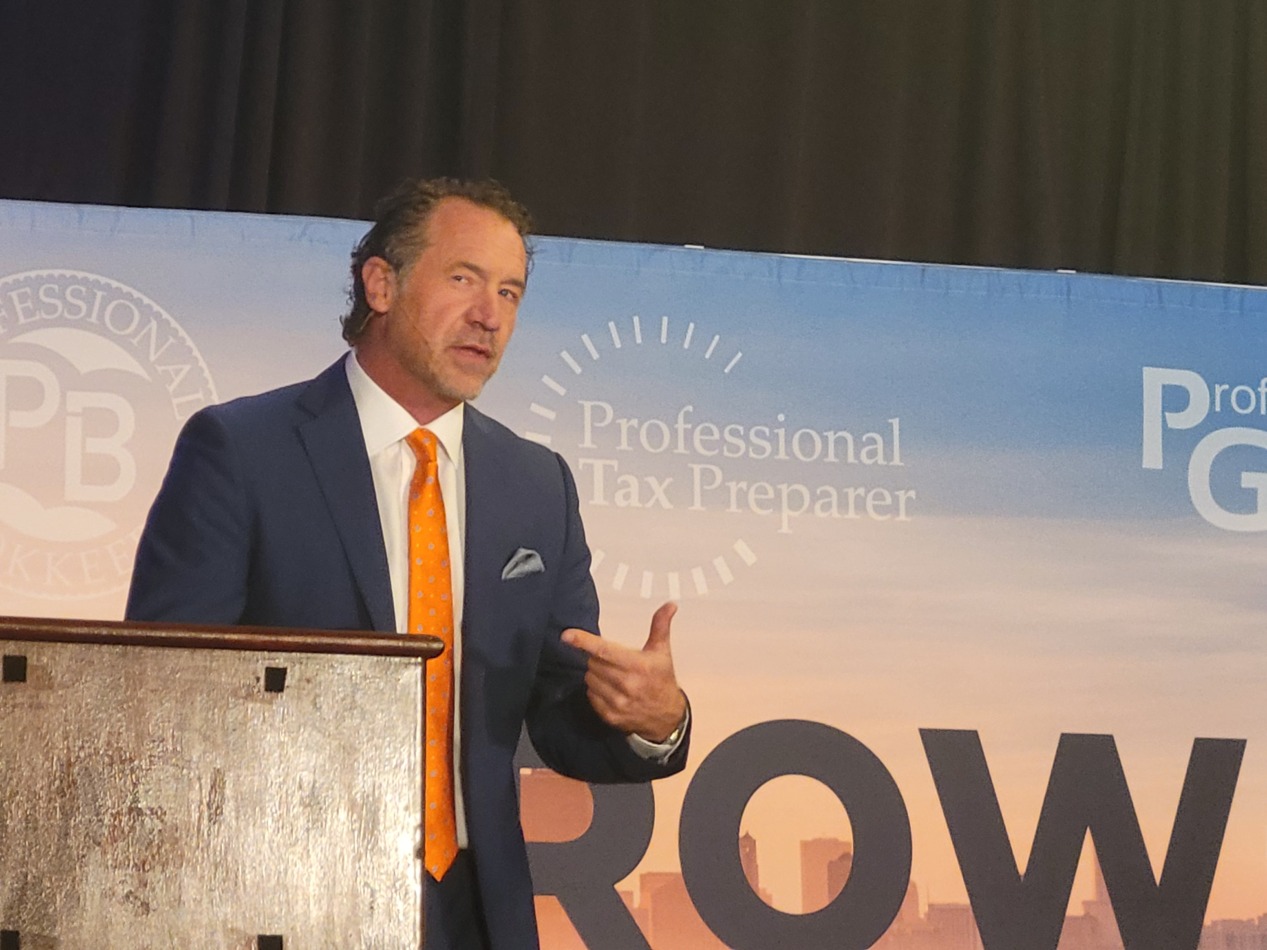In today’s competitive landscape, accounting business owners and professionals can be easily overwhelmed by the sheer volume of potential marketing strategies they can use to attract and retain clients.
As highlighted in a recent episode of the “Building the Premier Accounting Firm” podcast hosted by Roger Knecht, Michael Haynes, a B2B Go-to-Market Specialist, says that you don’t need to know everything to grow a bookkeeping business with your marketing. You need go-to strategies that you can use as a base for more creative marketing first.
Haynes offers invaluable insights for accounting firms aiming to grow a bookkeeping business and enhance customer engagement. Check out the full episode of the podcast here.
Understanding Your Ideal Clients
According to Haynes, understanding the decision-making processes of your ideal clients is paramount, especially in the B2B space. He emphasizes the importance of recognizing key factors such as enhancing cash flow, increasing profitability, and ensuring tax efficiency. These are critical areas where your expertise can make a significant impact.
Haynes points out, “Potential clients are increasingly seeking advice from various sources, so it’s crucial for firms to engage in their clients’ ecosystems and offer educational content to build trust and authority.”
The Buyer AIR Driven Go-To-Market Framework
One of the standout strategies discussed by Haynes is the “buyer AIR driven go-to-market framework.” This approach encourages accounting firms to engage in content creation, micro events, and strategic collaborations. Here’s how you can apply this framework:
- Content Creation: Produce a variety of content, including blog posts, videos, and case studies that address the specific needs and challenges of your clients. This positions your firm as a thought leader and a trusted resource.
- Micro Events: Host webinars, Q&A sessions, or small networking events. These micro events are excellent for fostering connections and establishing your firm as an expert in the field.
- Strategic Collaborations: Partner with other businesses or industry experts to amplify your reach and offer more comprehensive solutions to your clients.
Haynes stresses, “Engaging in these activities not only boosts your visibility but also helps in establishing long-term client relationships.”
Effective Client Engagement
Client engagement doesn’t end at acquisition. Haynes recommends that firms focus on post-transaction management and tailored onboarding processes to maintain and strengthen client relationships. This is especially crucial in bookkeeping and tax services, where ongoing engagement can lead to valuable insights and learning opportunities.
Listening and Learning
An often overlooked aspect is the power of listening. Haynes advises, “Listening internally and externally is crucial for comprehending firm dynamics and market conditions.” He suggests client interviews and workshops as effective tools for gathering insights and improving service offerings.
Overcoming Marketing Challenges
Many accounting firms fall into the trap of prioritizing tactical marketing over understanding client needs. Haynes critiques this approach, emphasizing that a business plan centered on client needs and exceptional service is key to successful marketing efforts. To build an accounting firm that lasts, a business owner needs a solid base of clients to work with.
Conclusion
Applying these insights from Michael Haynes can build an accounting firm’s marketing strategy and client engagement practices and take them to new heights. By focusing on understanding client needs, leveraging the buyer AIR framework, and fostering ongoing engagement, your firm can achieve sustainable growth.
Ready to take the next steps toward building an accounting firm? Contact us at 435-344-2060 to learn more about how we can help you implement these strategies and thrive in today’s competitive market.










